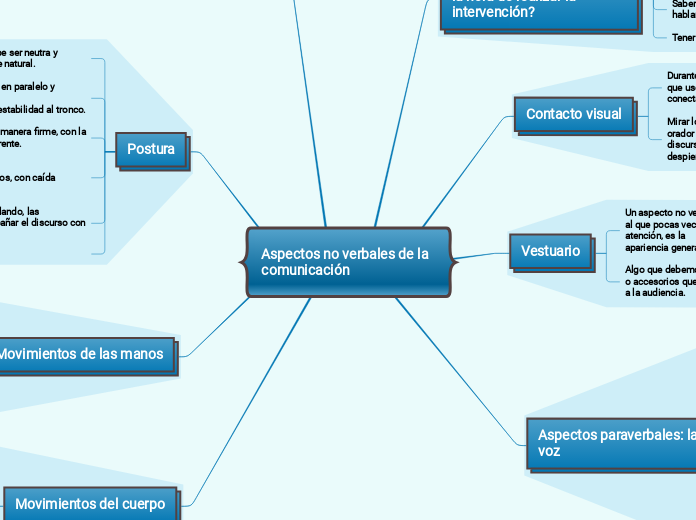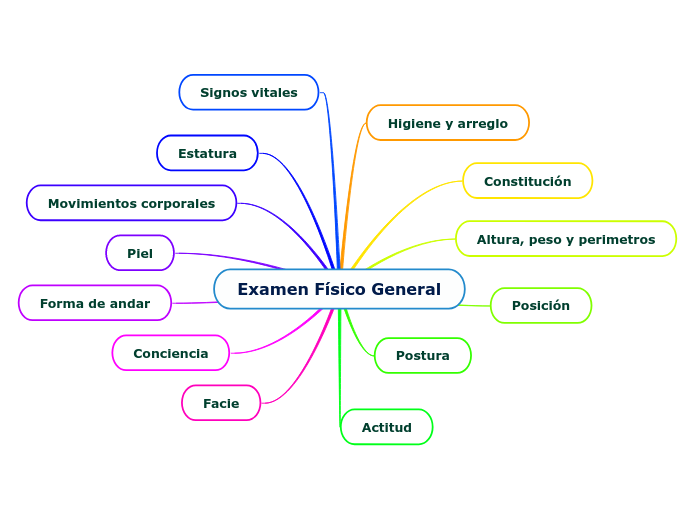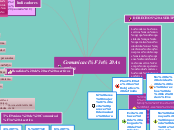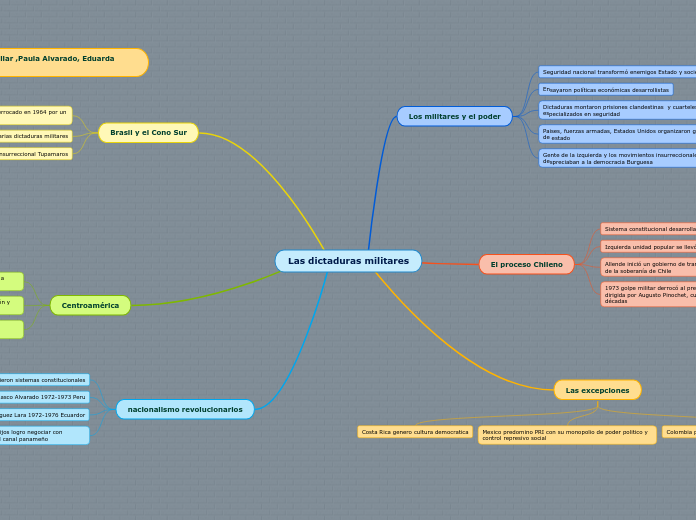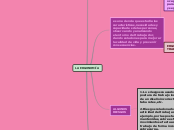Aspectos no verbales de la comunicación
The part of speech is a category to which a word is assigned according to its syntactic functions. In English the main parts of speech are noun, pronoun, adjective, determiner, verb, adverb, preposition, conjunction, and interjection.
Movimientos del cuerpo
A preposition is one of the most exciting parts of grammar. A preposition is used to describe the location of something in relation to something else.
El movimiento del cuerpo debe ser natural y reposado, fluido.
Se deben evitar los gestos
que traducen ansiedad
When a preposition consists of one word it is called single or simple preposition.
Hacer “clic”
repetidamente con el bolígrafo
Repiquetear con los dedos en la mesa
El pie bailando
Movimientos de las manos
An interjection is used to express emotion in a sentence.
Think of other interjections!
Es necesario incorporar en nuestro discurso aquellos elementos gestuales que enriquezcan y favorezcan la comunicación con la audiencia.
Los cuales son.
También podemos usar las manos con gestos verticales (subimos o bajamos las palmas)
para evidenciar comparaciones.
Otro movimiento frecuente es representar los números con los dedos.
Movimientos que se denominada ‘garra’, que
consiste en apuntar el brazo y la mano en dirección a las diapositivas.
Postura
An adverb is used to describe a verb, but it can also describe an adjective or another adverb.
Adverbs normally help paint a fuller picture by describing how something happens.
Mientras se esté hablando, las
manos deben acompañar el discurso con movimientos suaves
A lot, Little, Much
Las manos deben
permanecer a los lados, con caída natural
The intensifiers strengthen adverbs adjectives and adverbs and down- toners make them weaker.
down-toners
Fairly, Rather
intensifiers
Extremely, Very
Pararse de manera firme, con la
mirada al frente.
Just, Afterward, Soon, Currently
Los pies deben estar en paralelo y ligeramente
separados, para dar estabilidad al tronco.
Always, usually, Never
La postura inicial debe ser neutra y simétrica, además de natural.
Carefully, Slowly
¿Para que sirve?
A numeral is a word or phrase that describes a numerical quantity.
Some theories of grammar use the word 'numeral' to refer to cardinal numbers that act as a determiner to specify the quantity of a noun, for example the 'two' in 'two hats'.
El lenguaje no verbal permite inferir cómo se siente una persona, qué rasgos dominan su personalidad o cuáles son sus intenciones.
One, two..
Aspectos paraverbales: la voz
A pronoun is a word that can be used in place of a noun, typically after the noun itself has already been stated.
La voz es el recurso sonoro y audible que permitirá transmitir el mensaje a nuestra
audiencia.
The personal pronouns are I, you, he, she, it, we, they. More often than not (but certainly not always), they replace nouns representing people.
En las presentaciones orales formales debe evitarse el uso excesivo de
muletillas.
Para una comunicación efectiva, la voz debe cumplir con las siguientes
características
La entonación debe acompañar las
intencionalidades del discurso.
Es importante introducir variedad de vocabulario y entonaciones.
la pronunciación correcta de las palabras facilitará ser
comprendidos.
Hablar con una velocidad ajustada al tiempo que se tiene
asignado para la presentación.
Un volumen adecuado al lugar y circunstancia concreta
Vestuario
An adjective is a word that's used to describe a specific noun and to provide more detail to the listener.
Algo que debemos evitar el uso de ropa o accesorios que distraigan
a la audiencia.
Superlative adjectives demonstrate a higher level of comparison between entities.
Un aspecto no verbal de gran impacto, y al que pocas veces le prestamos atención, es la
apariencia general.
Expresses a comparison between two entities or groups of entities in quality or degree.
Contacto visual
A noun is defined as a person, place, thing or idea. Proper nouns always begin with a capital letter. Common nouns, which are general words, such as 'cars,' are not capitalized.
Mirar los rostros del público le permite al orador ir comprobando el impacto de su
discurso y el grado de atención que despierta.
Compound nouns are words where two nouns have been stuck together to make a new noun. Compound nouns should be written as one word, without a hyphen.
Candlestick
Durante la presentación, es importante que usemos la mirada para
conectarnos con la audiencia.
Proper nouns are the names of specific people or places. They should always begin with a capital letter.
Que se debe evitar
Mirar todo el tiempo las diapositivas, mirar al techo, mirar hacia el frente o mirar a una sola persona.
¿Qué es importante a a
la hora de realizar la intervención?
A verb is an action word or 'doing' word that signifies movement in some way.
Tener confianza en nosotros mismos
A participle is a verb form that can be used as an adjective or to create a verb tense. There are two types of participles: Present participle (ending -ing) and Past participle (usually ending -ed, -d, -t, -en, or -n).
The winning athlete gets a trophy.
Saber con firmeza sobre qué vamos a hablar
A modal is a type of auxiliary (helping) verb that is used to express: ability, possibility, permission or obligation. The main modal verbs in the English language are: can, could, may, might, must, shall, should, will, would.
I might go to the park if I get my homework done.
Mostrar energía
A linking verb connects the subject with a word that gives information about the subject, such as a condition or relationship.
You look exhausted after studying all night.
Mostrar entusiasmo
A verb with its own meaning: a verb that is not an auxiliary verb.
Create sentences
They have it.
